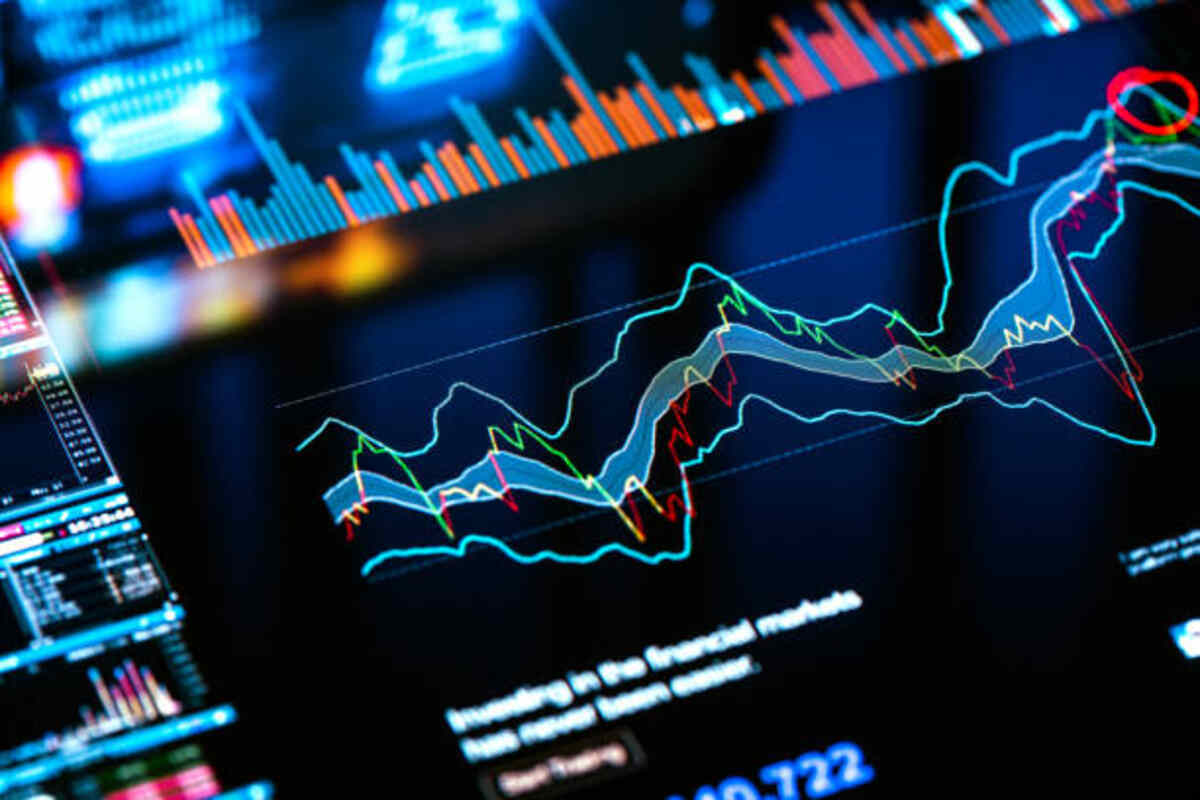Forex trading refers to the practice of purchasing and selling currencies on the foreign exchange market, the most significant financial marketplace worldwide. Trading involves exchanging one currency for another, usually quoted in pairs. The Amazing fact about forex robot.
EUR/USD.
An effective forex trading strategy requires both fundamental and technical analysis. Furthermore, it is also crucial that traders understand how leverage works as well as risk management strategies.
Basics
Forex trading involves purchasing and selling currencies on the global foreign exchange market – one of the world’s largest and most liquid markets – for profit or investment purposes. Although forex can be an invaluable way to build your portfolio, traders must understand its fundamentals before beginning trading activities.
Beginner forex traders should practice using a demo account prior to investing their funds. This will enable them to familiarize themselves with the basics of the market and order types before trading with real money. Beginners should also create and adhere to a trading plan; doing so will prevent emotional or irrational decisions that can compromise their account balances.
Learning Forex may seem challenging at first, but the effort will certainly pay off. Finding an intensive Forex academy that offers free lessons with interactive lessons designed for beginners should provide a solid foundation. Each lesson should include a quiz at the end of every class to reinforce learning about trading platforms and their uses.
Trading platforms
Trading platforms are software applications designed to serve as digital intermediaries between buyers and sellers of financial assets such as stocks, currencies, and commodities. They receive real-time price quotations from markets before relaying them back to traders, who use them to execute trades on their accounts. Trading platforms also store historical price data and offer analysis tools and investment research capabilities.
Not only are the best online trading platforms user-friendly, but they also provide educational resources and responsive customer support. They also allow traders to practice trades on a demo account prior to moving funds into live trading. Practice trading helps build consistent and reliable strategies while simultaneously testing emotional resilience.
The forex market is an international financial marketplace where investors buy and sell national currencies against each other. Currency trade operates according to a pair trading system; when one currency moves in your favor, you earn a profit, while when it moves against you, losses occur. Currency trading takes place between traders rather than through central exchanges.
Leverage
Leverage is an investment strategy that involves borrowing money to increase an investment’s potential returns, lending capital at interest to boost returns, and purchasing property. Leverage can help grow businesses quickly while simultaneously expanding shareholder wealth or buying real estate; however, it carries risks. Leveraged investments may experience greater market volatility than other types of investments and could experience severe losses when markets shift against them.
Financial markets allow traders to use leverage when trading, lending funds to brokers to increase exposure by borrowing funds with interest at a ratio of 2 or 5 of initial capital; this increases potential gains or losses significantly. However, it is essential that when considering whether to leverage, first assess whether it suits your investment goals and risk tolerance before borrowing more money than you need from brokers.
Understanding that leveraged trading can result in losses greater than your original capital investment is critical for successful leveraged trading. To reduce losses and keep costs to a minimum, make sure your broker offers low spreads, fast execution, and multiple funding options so that you can manage your money efficiently.
Trading psychology
Trading Psychology is an integral aspect of forex trading. Being able to control emotions will enable traders to make sound decisions and maximize profits more effectively. Unfortunately, however, overcoming emotional triggers takes time – for instance, overcoming greed can take months or years – with key steps being identifying when you’re thinking greedily, adjusting your mindset accordingly, and practicing discipline. Another common emotion among traders is anger – traders often react impulsively after losing money, leading them down an unexpected revenge trading path; to combat this tendency, traders must review past losses closely in detail in order to learn from past mistakes.
Anchoring is another mental trap many traders fall prey to when making decisions in the future, which requires them to rely on past experiences rather than considering new situations and opportunities. To combat anchoring, traders need to devise trading strategies free from this bias in order to avoid time and money being wasted and establish clear goals for their trading endeavors.
Trading strategies
Forex trading involves buying and selling currencies on the global currency market. While this form of investing may provide diversification benefits and hedge against rising interest rates, it’s essential that you first grasp its basics before putting any of your money in this type of investment vehicle.
Various trading strategies exist, each offering its own set of advantages and disadvantages. Some strategies may be more complex than others, yet all follow a basic framework. Successful Forex strategies use minimal lagging indicators and are easily comprehended by beginners.
The first step to becoming a profitable Forex trader is familiarizing yourself with your broker’s tools and platforms. After learning these basics, develop an individual trading plan tailored specifically to you based on personality and risk appetite. After creating this foundation, practice on a demo account before investing real money; use only money you can afford to lose – always start small! Don’t forget to keep tabs on all positions you hold daily, too – stay on top of your trading game.

